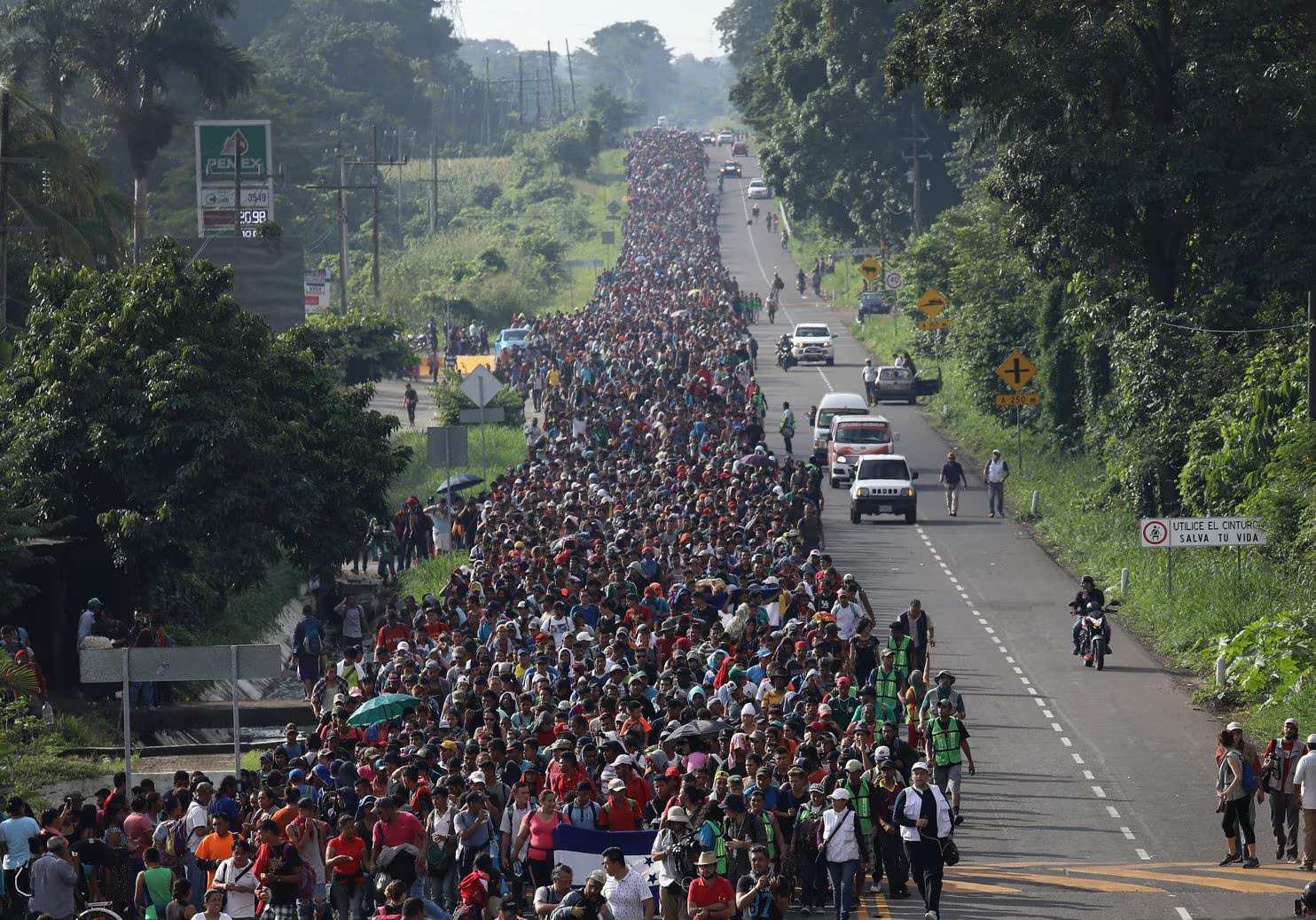The Trump administration"s recent announcement that there will be no amnesty for migrant farm workers is a stark reminder of the callousness that often accompanies political expediency. As President Trump insists on prioritizing the agriculture industry"s needs without extending basic protections to the very workers who sustain it, we must confront the harsh realities of his policies.
Farmers Depend on Vulnerable Workers
According to research, approximately 40% of U.S. farm workers are undocumented, a statistic that underscores the reliance of the agricultural sector on this vulnerable population according to Farm Policy News. Trump"s administration has acknowledged the disruption caused by increased immigration raids, which have left many farmers scrambling for labor. Yet, the proposed solutions fall short of addressing the fundamental issues faced by these workers.
Promises of Temporary Permits Lack Substance
While Trump has hinted at a work program that could provide temporary permits for migrant workers, the lack of clarity and the insistence that this does not equate to amnesty is telling. As reported by Reuters, Agriculture Secretary Brooke Rollins confirmed that the administration"s stance firmly rejects amnesty, which many view as a critical component of any meaningful immigration reform.
\n\n
MOTUS A.D.: The She-Man Womun Haters Club: Ex-FLOTUS Friday Edition
Impact on Labor Rights and Social Justice
The refusal to consider amnesty for undocumented workers is not just an immigration issue; it is a social justice issue. Migrant workers often endure harsh working conditions, low wages, and lack of access to basic labor rights. By denying them a path to legal status, the Trump administration perpetuates a cycle of exploitation that disproportionately impacts marginalized communities. As documented in studies on the history and treatment of migrant agricultural workers, these individuals are integral to the U.S. economy yet remain at the mercy of an increasingly hostile system.
Environmental Justice and Sustainable Practices at Risk
The agricultural sector is not only about labor; it is also about sustainable practices and environmental justice. The focus on temporary work permits without addressing the root causes of labor shortages fails to consider the environmental implications of relying on a precarious workforce. As the Giannini Foundation notes, the long-term effects of Trump"s immigration policies may accelerate trends toward mechanization, further distancing farming from its human roots and undermining efforts toward sustainable agriculture.
\n\n
Vilsack emerges as Biden"s top choice for USDA - POLITICO
Accountability and the Call for Change
The administration"s contradictory statements reveal a troubling lack of accountability and transparency. Farmers are caught in a bind, facing the dual pressures of needing labor while navigating the complexities of a hostile immigration regime. The lack of a coherent, compassionate policy response from the Trump administration raises critical questions about the future of the agricultural sector and the rights of those who work within it.
As we continue to advocate for social justice and environmental sustainability, we must amplify the voices of those most affected by these policies. The migrant workers who feed our nation deserve more than temporary permits; they deserve rights, recognition, and respect. It is imperative that we demand comprehensive immigration reform that considers the human cost of agricultural labor and the environmental sustainability of our food systems.

![[Video] Federal officers deploy sting balls and flash grenades at Whipple Building](/_next/image?url=%2Fapi%2Fimage%2Fthumbnails%2Fthumbnail-1768340555229-vhfcc-thumbnail.jpg&w=3840&q=75)
![[Video] Crowd-control weapons used in Minneapolis as anti-ICE protesters attack police vehicle](/_next/image?url=%2Fapi%2Fimage%2Fthumbnails%2Fthumbnail-1768336302231-akxf7s-thumbnail.jpg&w=3840&q=75)

![[Video] Protests erupt in Minneapolis after ICE detains teenager, multiple arrests made](/_next/image?url=%2Fapi%2Fimage%2Fthumbnails%2Fthumbnail-1768331835371-z9ylqg-thumbnail.jpg&w=3840&q=75)


![[Video] Gunfire between Iraqi security forces and Sadr militias in Baghdad](/_next/image?url=%2Fapi%2Fimage%2Fthumbnails%2Fthumbnail-1768343508874-4redb-thumbnail.jpg&w=3840&q=75)
